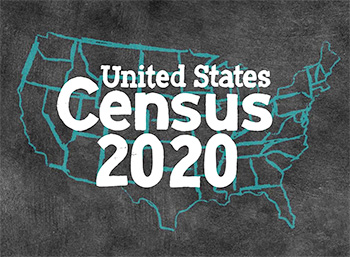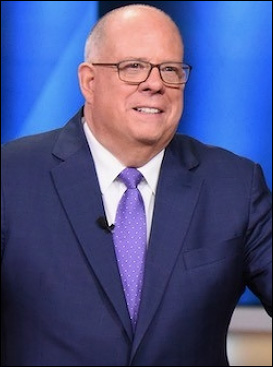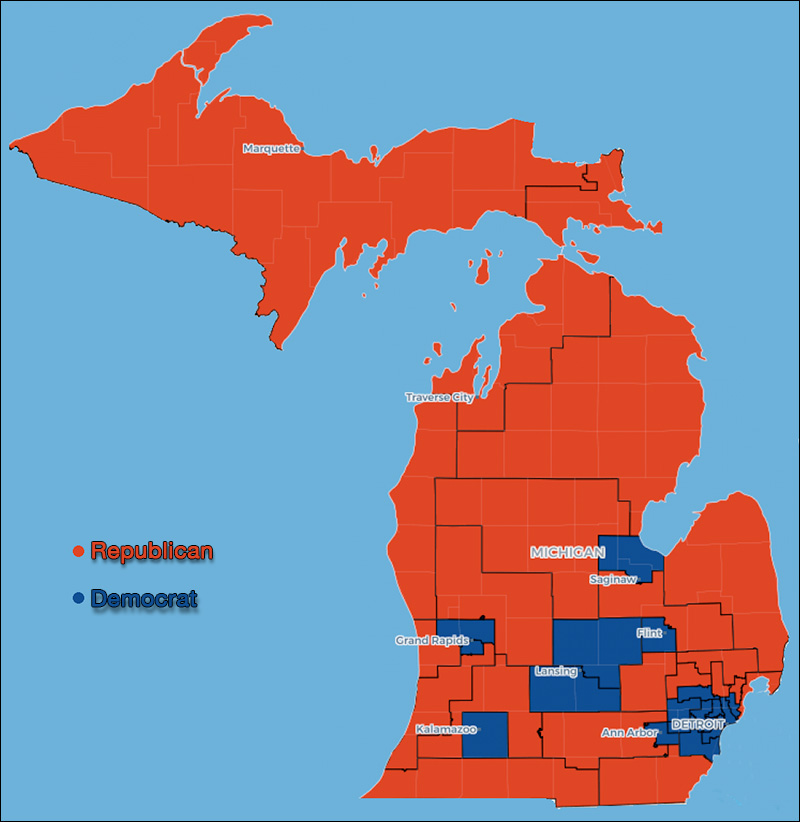By Jim Ellis — Tuesday, April 11, 2023
Senate
Arizona: Republicans May Soon Have a Candidate — Political reports in Arizona suggest that Pinal County Sheriff Mark Lamb (R) may announce his US Senate candidacy as early as this week. Most of the attention so far has been upon whether 2022 gubernatorial candidate Kari Lake would enter the race. She has yet to say whether another campaign is in her immediate plans.Democratic Rep. Ruben Gallego (D-Phoenix) is an announced candidate, and has been leading in the most recent polling. Sen. Kyrsten Sinema (I) appears to be preparing to seek a second term, but has not yet said whether she will run on the No Labels Party ticket after leaving the Democrats. Count upon the Arizona Senate race again becoming one of the top races in the country next year.
Nevada: Rosen Raising; Republicans Deciding — Nevada political sources indicate that both former GOP US Senate candidate Sam Brown and defeated 2022 congressional nominee April Becker may both soon announce 2024 US Senate campaigns.
Brown became more of a factor in the 2022 Senate primary than originally expected due to impressive fundraising, but still lost to former state Attorney General Adam Laxalt who would then lose a close general election contest to Sen. Catherine Cortez Masto (D). Becker lost a 52-48 percent decision to Rep. Susie Lee (D-Las Vegas) in the 3rd Congressional District battle.
Meanwhile, incumbent Sen. Jacky Rosen (D) has been hard at work on the fundraising trail. Her campaign indicates the senator will report $2.4 million raised for the quarter ending March 31, with more than $6 million cash-on-hand. Expect another close race here, but Sen. Rosen must be considered the favorite to win a second term.
House
CA-27: Two Democrats Making Moves — Southern California US Rep. Mike Garcia (R-Santa Clarita) won his most impressive victory in 2022, a 53-47 percent victory over former state Assemblywoman Christy Smith (D) in a district that the FiveThirtyEight data organization rates as D+8, and Dave’s Redistricting App calculates the district partisan lean at 53.7D – 44.3R. With Smith now losing three times, Democrats are looking toward other options. We can again expect this to become a national congressional campaign.
Former Virgin Galactic CEO and ex-NASA chief of staff George Whitesides (D), who was the first to announce his candidacy earlier this year, is reportedly going to disclose more than $500,000 raised for the 2024 race in the March 31 Federal Election Commission quarterly disclosure report and another $500,000 self-contributed.
Franky Carrillo (D), who was wrongly imprisoned for 22 years for a murder later proved that he did not commit, and was then awarded a $19 million settlement from the state of California, is expected to formally launch his campaign later this month.







